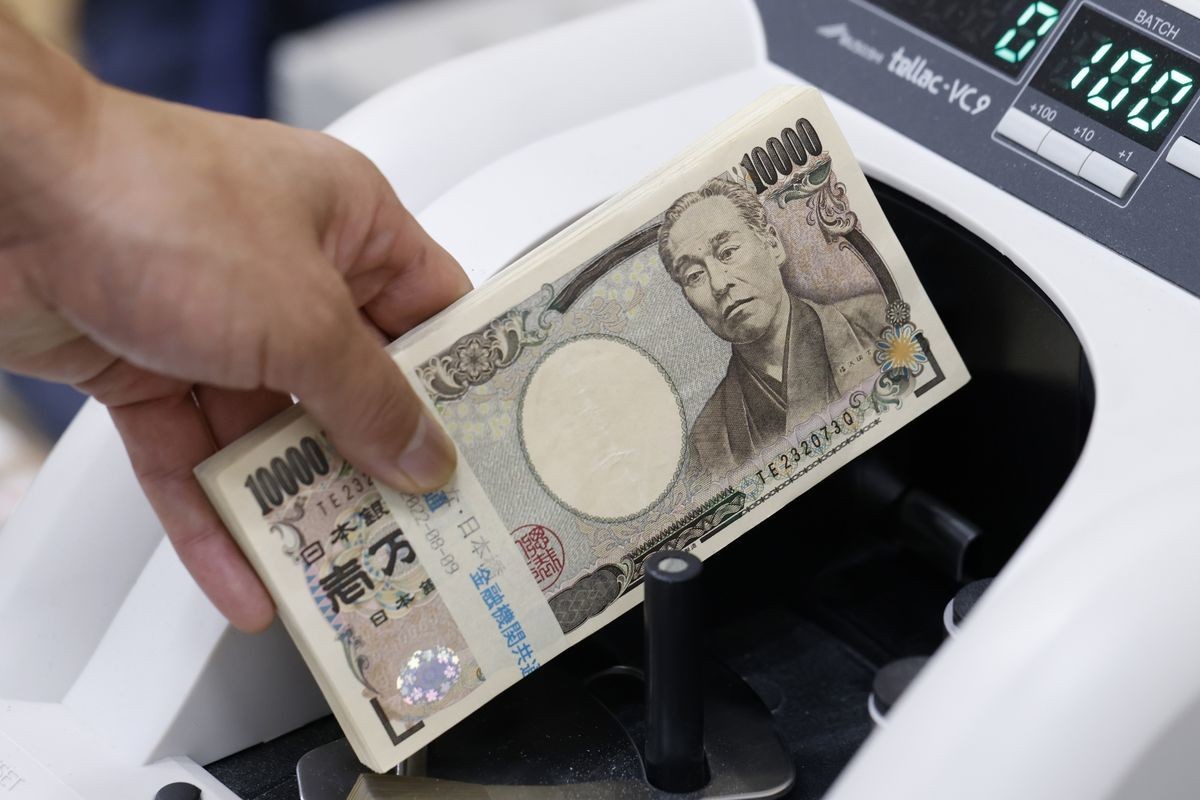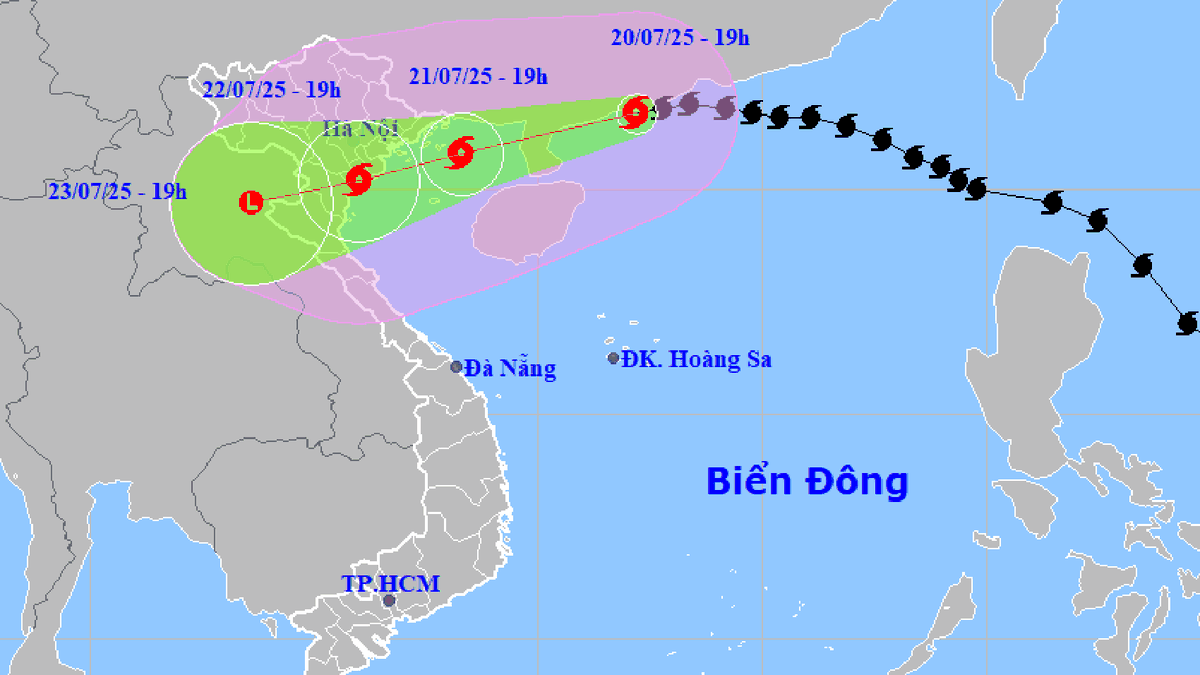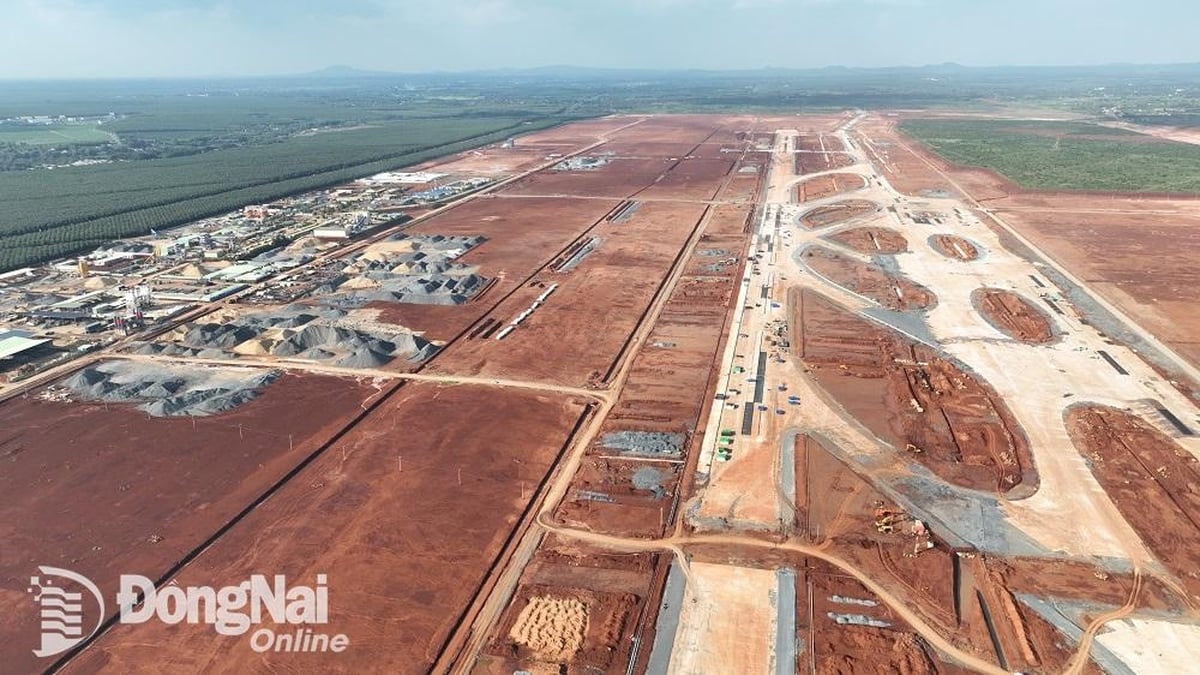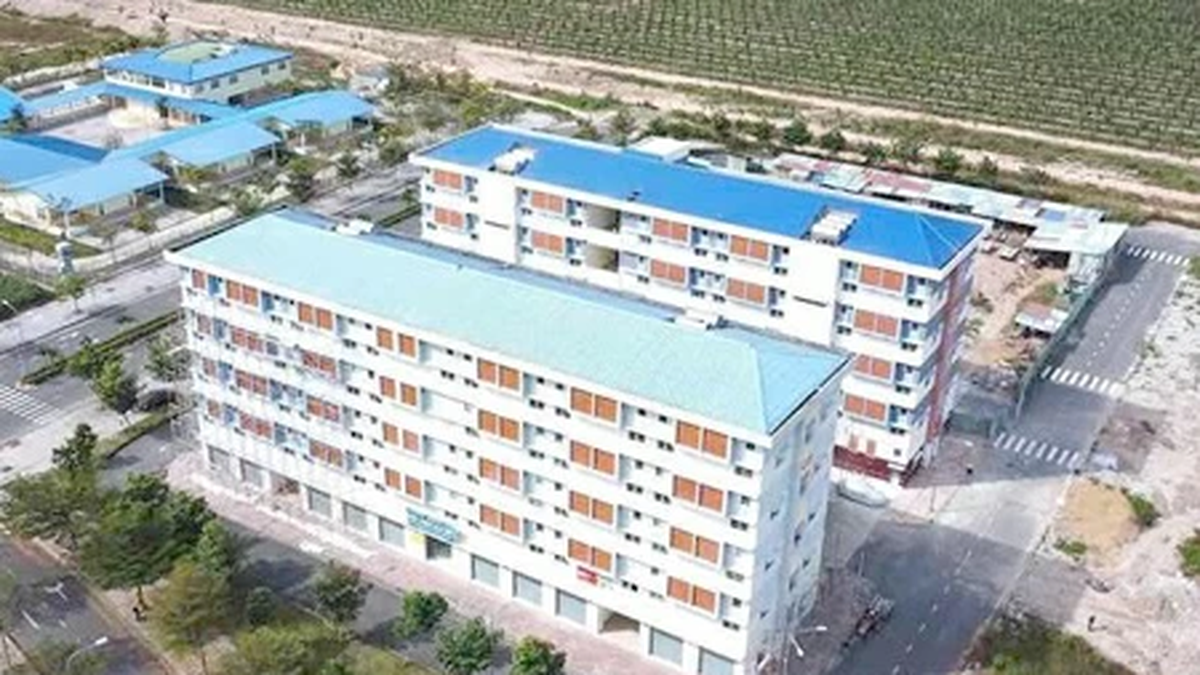 |
| In July 2023, the amount of processed oil exported from Russia to North Korea increased four times compared to the previous month. (Source: nhk-maritime.com) |
World economy
Severe heat wave threatens global energy security
According to Bloomberg news agency, the intense heat is threatening global energy security. High temperatures across the world this summer have increased concerns about the energy system, posing a threat to fuel supplies.
In addition to causing a spike in electricity demand across the board, the heat has also disrupted the operations of a number of oil refineries. That has sent U.S. gasoline prices soaring, and diesel prices have risen faster than crude oil.
The scorching heat forced refineries to cut operations in June and July 2023, according to Macquarie Group. The shutdowns hit a refining system that has suffered years of underinvestment and a petroleum product market already tight due to the crisis in Ukraine.
Crude oil processing in Europe is estimated to have fallen by 700,000 barrels a day this summer compared to last year. Along with supply constraints, rising temperatures are boosting demand for fuel oil used to generate electricity in the Middle East and South Asia, and adding to transportation costs on key waterways as the Rhine River and Panama Canal dry up.
Extreme heat remains a longer-term problem for the power grid than for fuel refineries, but its impact on fuel markets has been amplified by dwindling inventories, with U.S. inventories of products, including diesel, near five-year seasonal lows.
The increased weather-related disruptions to refineries highlight the challenges as the world tries to wean itself off fossil fuels and deal with their impact on the climate. (Bloomberg)
US economy
* The latest report released by the US Department of Labor on September 13 showed that consumer prices in the country in August 2023 increased the most in more than a year due to high gasoline prices, but the modest increase in core inflation may encourage the US Federal Reserve (Fed) to keep interest rates at current levels.
Accordingly, the US consumer price index (CPI) last month increased by 0.6% compared to July, marking the largest increase since June 2022 and in line with market forecasts.
Compared to the same month in August 2022, the US CPI increased 3.7% after increasing 3.2% in July. While the figure has decreased from the peak of 9.1% recorded in June 2022, inflation in the US is still above the 2% target set by the Fed. (Reuters/AFP)
Chinese Economy
* The People's Bank of China (PBoC) said on September 11 that it will strengthen management and supervision of investment activities that could adversely affect the value of the yuan, amid the country's currency's continuous fluctuations.
The yuan, which briefly hit a near 16-year low against the dollar last week, has been under pressure as the PBOC cuts interest rates to support the recovery of the world’s second-largest economy. In a statement, the PBOC said it had convened a “special meeting” to discuss “the recent situation in the foreign exchange market and issues surrounding the yuan exchange rate.”
“China’s financial regulators have the capacity, confidence and resources to maintain stability in the yuan exchange rate and take action when necessary,” the PBoC said. (AFP)
* China's CPI rose 0.1% in August from a year earlier , reversing a 0.3% decline in July, but well below the government 's annual target, according to the National Bureau of Statistics (NBS).
Meanwhile, the producer price index (PPI) fell for the 11th consecutive month in August, down 3%, compared to a 4.4% decline in July 2023. Thus, the PPI's decline has been narrowed. Beijing aims to control CPI growth at around 3% for 2023. (Reuters)
European Economy
* The European Commission (EC) on September 11 lowered its economic growth forecast for 2023 and 2024 of the Eurozone , with the not-so-positive situation of the German economy affecting the Eurozone.
According to the EC's forecast, the Eurozone and European Union (EU) economies will continue to maintain growth momentum in 2023, but at a lower rate than previously forecast. Specifically, the EC has lowered its forecast for Eurozone economic growth in 2023 to 0.8%. In May 2023, the EC said that the Eurozone economy will grow by about 1.1% in 2023.
EU economic growth in 2023 was also revised down to 0.8%, compared to the previous forecast of around 1% growth. For 2024, the Eurozone economy will grow 1.3%, lower than the previous forecast of 1.6%. (Reuters)
* EU Agriculture Commissioner Janusz Wojciechowski said on September 12 that the EC should extend the temporary ban on Ukrainian imports in five neighboring EU countries, as this measure helps boost exports outside the bloc.
Ukraine has become completely dependent on alternative EU routes, known as Solidarity Lanes, for grain exports after Russia withdrew from the Black Sea Grain Deal. This has left farmers in neighboring Poland, Hungary, Romania, Bulgaria and Slovakia facing increased competition from Ukrainian grain in their own markets.
The EC announced “provisional precautionary measures” in May, which will ban the sale of Ukrainian agricultural products to these five countries, while allowing transit to non-EU markets, mainly Africa. (TTXVN)
* Recently, the Russian Ministry of Economy raised its 2023 inflation forecast to 7.5% from 5.3% announced in April 2023 and raised its 2024 inflation forecast to 4.5% from 4.0%.
The ministry also forecast a decline in the ruble. After the ruble fell below 100 rubles to the dollar in August 2023, the Russian central bank raised interest rates by a total of 350 basis points to 12% at its meeting on August 15. The ruble was trading around 95 rubles per dollar on September 12.
Amid concerns over currency depreciation and high inflation, Russia's economy ministry raised its growth forecasts for 2023 and 2024 but lowered its forecasts for 2025 and 2026. (Reuters)
* According to South Korean press sources citing data released by the United Nations Security Council's North Korea Sanctions Committee , Russia's processed oil exports to North Korea increased fourfold - from 2,593 barrels and 2,305 barrels in May and June 2023, respectively, to 10,933 barrels in July.
Russian refined oil exports to North Korea fell after reaching 44,000 barrels in January 2023, but then rebounded sharply in July. In the seven months of 2023, North Korea's refined oil imports from Russia were estimated at 79,904 barrels.
Including the amount of oil imported from China, North Korea imported a total of 173,694 barrels of oil, equivalent to 35% of the 500,000 barrel/year limit set by the United Nations Security Council. (TTXVN)
* Reuters news agency recently reported that the EU has no intention of extending sanctions against Russian businessmen Grigory Berezkin, former Ozon Director Aleksandr Shulgin and Farhad Akhmedov. Accordingly, the sanctions against these three people will expire on September 15.
The European Court of Justice previously decided to lift EU sanctions against Mr Shulgin, but he will remain on the blacklist for at least two months.
Last year, more than 60 businessmen, including Mr. Berezkin, filed a lawsuit at the European Court of Justice against their inclusion on the EU sanctions list. The businessmen argued that their fundamental rights had been violated, in particular that their assets in the EU had been illegally frozen . (Reuters)
Japanese and Korean Economy
* The Japanese government has begun considering opening up the transportation industry to foreign truck, bus and taxi drivers by adding the profession to the specified skills visa category, a residency status for foreign workers willing to work immediately in industries struggling to secure workers.
Amid a severe labor shortage, Japan's Ministry of Land, Infrastructure, Transport and Tourism is discussing the issue with the Immigration Bureau. The government aims to implement the policy change by the end of the current fiscal year (ending March 2024). (Kyodo)
* Japan's economy grew less than initially estimated in the second quarter of 2023 and wages fell in July 2023, raising concerns about the Bank of Japan's (BoJ) forecast that solid domestic demand will help the country's economic recovery continue.
Adjusted gross domestic product (GDP) data released recently showed that capital expenditure and private consumption both declined in the April-June period, highlighting the "fragile" state of the Japanese economy.
The data also showed that real, inflation-adjusted wages fell in July 2023, the 16th consecutive month of decline. (Reuters)
 |
| Capital expenditure and private consumption in Japan both fell in the April-June period 2023. (Source: Getty) |
* Speaking at the opening session of the 2023 Korea-Africa Economic Cooperation Ministerial Meeting (KOAFEC) in Busan on September 13, Deputy Prime Minister and MOEF Minister Choo Kyung-ho announced a $6 billion financial support package for Africa over the next two years , part of the action plans contained in the Korea-Africa Cooperation Joint Statement.
The aid from 2024 to 2025 will be implemented through various initiatives of South Korea aimed at capacity building in Africa, such as the KOAFEC Trust Fund, the Knowledge Sharing Program and the Economic Development Cooperation Fund. According to the joint statement, the $6 billion fund will be used for energy transition, agricultural innovation and knowledge development. (Yonhap/VNA)
ASEAN Economy and Emerging Economies
* Speaking at a parliamentary hearing on September 12, Indonesian Deputy Trade Minister Jerry Sambuaga said that the country is discussing banning the trading of goods on social media under new trade regulations. According to Mr. Jerry, ministers have emphasized that the use of social media platforms to sell goods poses many risks to Indonesian people and traditional sales channels.
Experts say the move could have a major impact on Indonesia’s e-commerce business. With a population of more than 270 million, Indonesia is expected to see e-commerce transactions worth nearly $52 billion by 2022, according to data from consultancy Momentum Works.
Of that, 5% takes place on TikTok, mainly through live streaming. Indonesia's e-commerce industry is forecast to grow to 95 billion USD by 2025. (TTXVN)
* On September 11, Malaysian Prime Minister Anwar Ibrahim said that in the government's economic plan for 2023-2025, the country plans to ban the export of rare earth materials and support the development of the rare earth industry. He affirmed that the ban will "ensure maximum profit for the country".
Malaysia will conduct “detailed mapping of rare earth element resources” and develop a comprehensive plan to determine how best to exploit the resource. However, Mr. Anwar did not say when the ban would come into effect. (TTXVN)
* Speaking before the Thai Parliament on September 12, new Prime Minister Srettha Thavisin affirmed that the Government will require employers to increase the daily minimum wage to 400 Baht (about 11.4 USD) as soon as possible.
The Thai Prime Minister further noted that the wage increase not only contributes to meeting the needs of workers but is also one of the government's economic stimulus measures.
Previously, during the election campaign, the Pheu Thai Party proposed a policy of increasing the daily minimum wage to 600 Baht (17.1 USD) by 2027. (TTXVN)
Source




























![[Photo] National Assembly Chairman Tran Thanh Man visits Vietnamese Heroic Mother Ta Thi Tran](https://vphoto.vietnam.vn/thumb/1200x675/vietnam/resource/IMAGE/2025/7/20/765c0bd057dd44ad83ab89fe0255b783)



































































Comment (0)